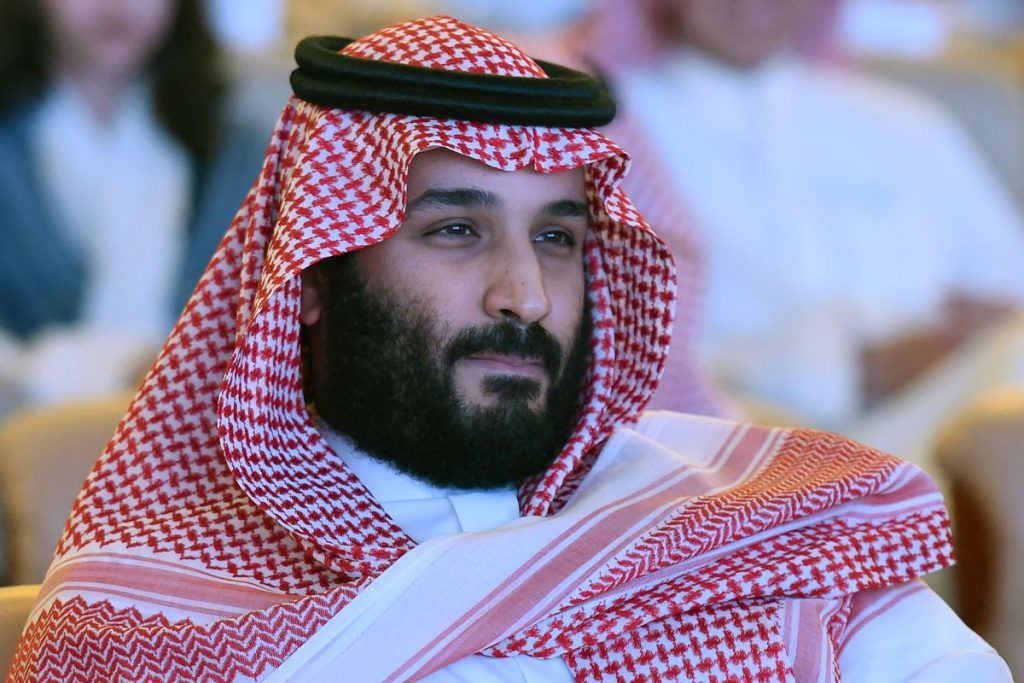A Saudi court has recently sentenced women’s rights activist Manahel al-Otaibi to 11 years in prison in a “secret hearing”, according to two human rights groups who denounced the ruling as contradictory to the kingdom’s “narrative of reform and women’s empowerment”.
Ya Libnan Editorial
It’s certainly alarming to see Saudi Arabia, a country that has been undergoing purported reforms and modernization efforts under Crown Prince Mohammed bin Salman (MbS), resorting to oppressive measures such as the sentencing of women’s rights activist Manahel al-Otaibi to 11 years in prison. This move contradicts the narrative of reform and women’s empowerment that the kingdom has been promoting.
Comparing Saudi Arabia to Iran in terms of human rights violations is a serious matter. While Iran is known for its severe restrictions on human rights, including discrimination against women and religious minorities, Saudi Arabia has been attempting to project an image of progress and openness under MbS’s leadership.
However, recent actions such as the sentencing of al-Otaibi raise questions about the direction in which Saudi Arabia is heading. The fact that the sentencing occurred in a “secret hearing” only adds to the concerns regarding transparency and due process in the Saudi judicial system.

In an interview with the Guardian in 2017 , the powerful heir to the Saudi throne , Crown Prince Mohammad Bin Salman, aka MbS said said the rigid doctrines of the past three decades were the result of not knowing how to deal with the Iranian revolution. He vowed to return the country to “moderate Islam” and asked for global support to transform the hardline kingdom into an open society that empowers citizens and lures investors. Many are now wondering if he is still in charge after the secret sentencing of women’s rights activist Manahel al-Otaibi to 11 years in prison
The suggestion that Saudi Arabia might be following in Iran’s footsteps, particularly in light of recent geopolitical developments such as the reconciliation deal worked out by China, is indeed a cause for alarm. It’s crucial for MbS and the Saudi government to address these concerns and uphold their commitments to human rights and reforms.
The international community should not turn a blind eye to such violations and should continue to pressure Saudi Arabia to respect human rights and release activists like Manahel al-Otaibi. This incident should serve as a wake-up call for MbS to take immediate action in rectifying this injustice and reaffirming Saudi Arabia’s commitment to human rights and modernization efforts.


Leave a Reply
You must be logged in to post a comment.